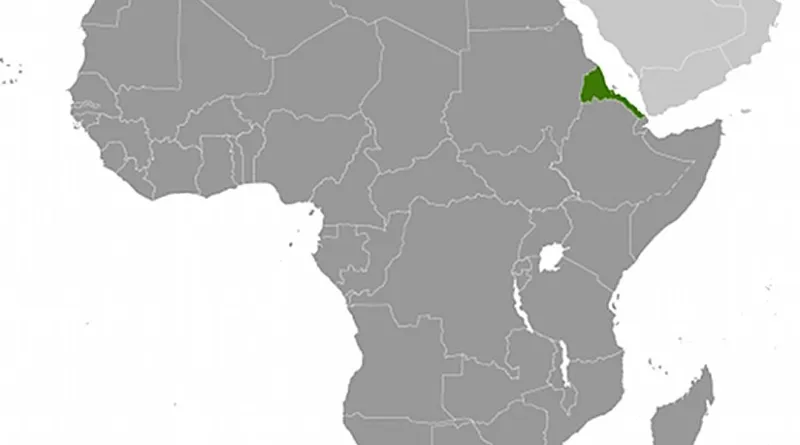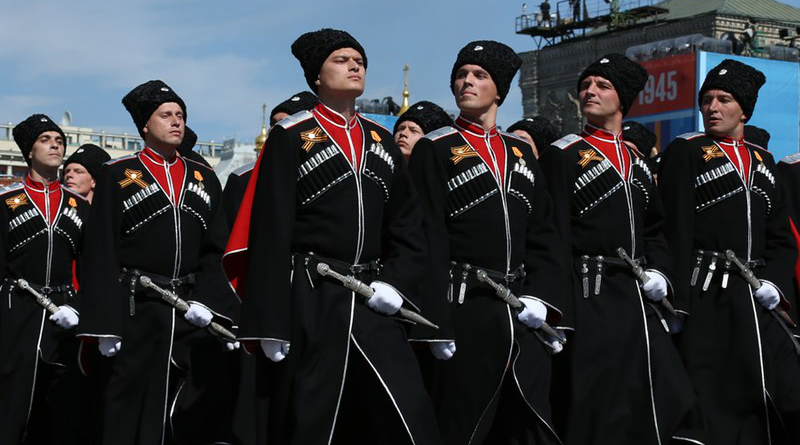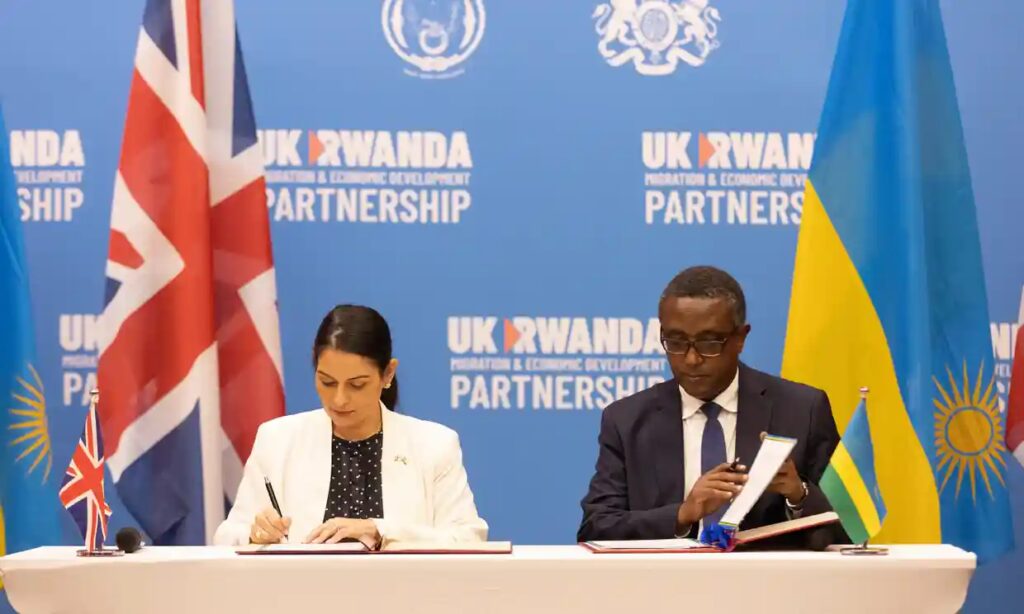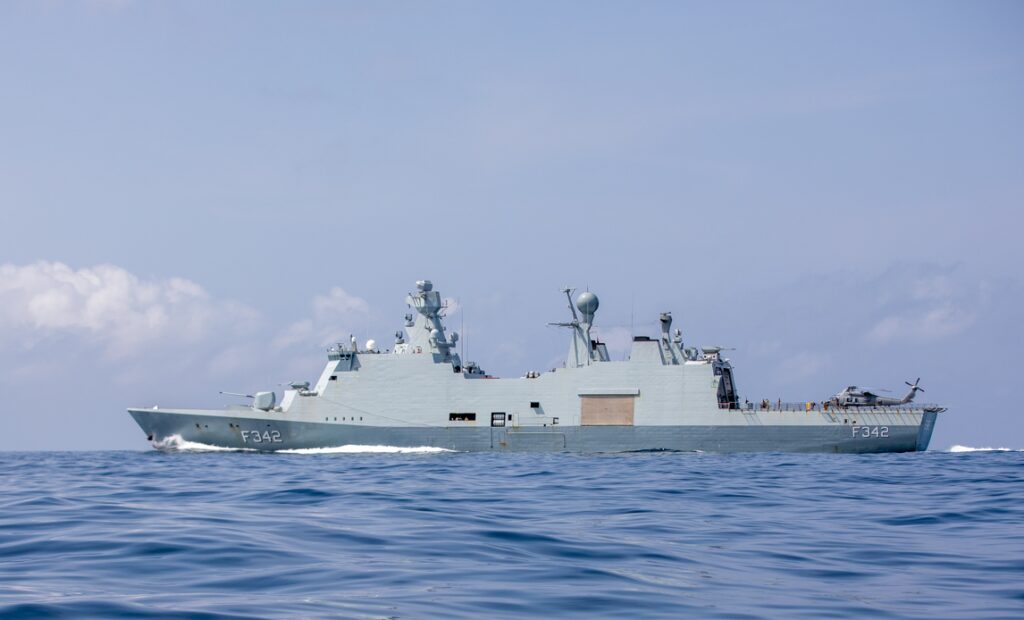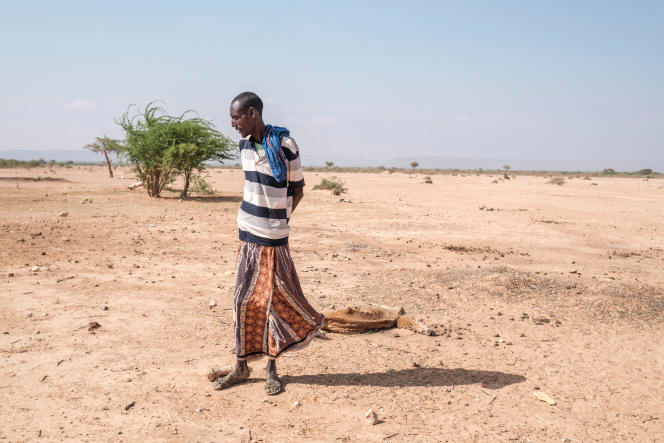What Would Be China’s Capital Market Under New Policy? – Analysis
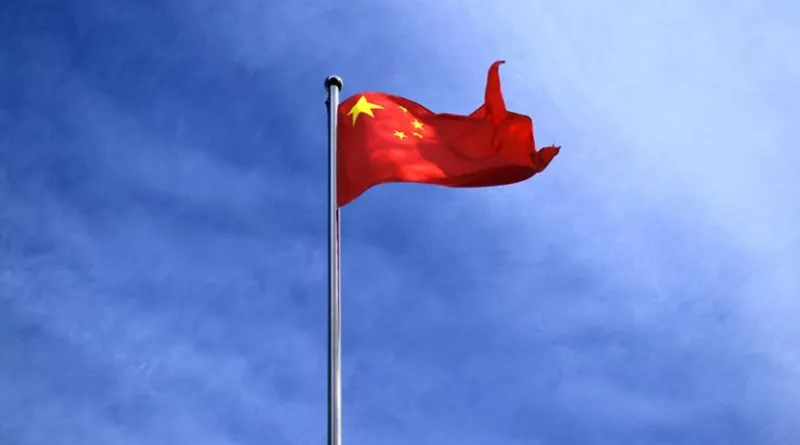
Recently, the central government of China has issued a new policy on the “Opinions of the Central Committee of the Communist Party of China and the State Council on Accelerating the Construction of a Large Unified National Market (hereafter referred to as ‘Opinions’)”. The Opinions propose to speed up the establishment of a large unified national system as well as rules to promote smooth domestic demand. The capital market is very concerned with the creation of an “efficient market” and an “effective government”, particularly on how the “unified”, “efficient” and “effective” are defined and executed. There are different understandings and views on various aspects in this regard. As part of the national unified market, the capital market is generally confused about the future direction and possible trends. To ANBOUND researchers, this raises the question of balancing between an “efficient market” and “effective government” to form a unified capital market structure.

